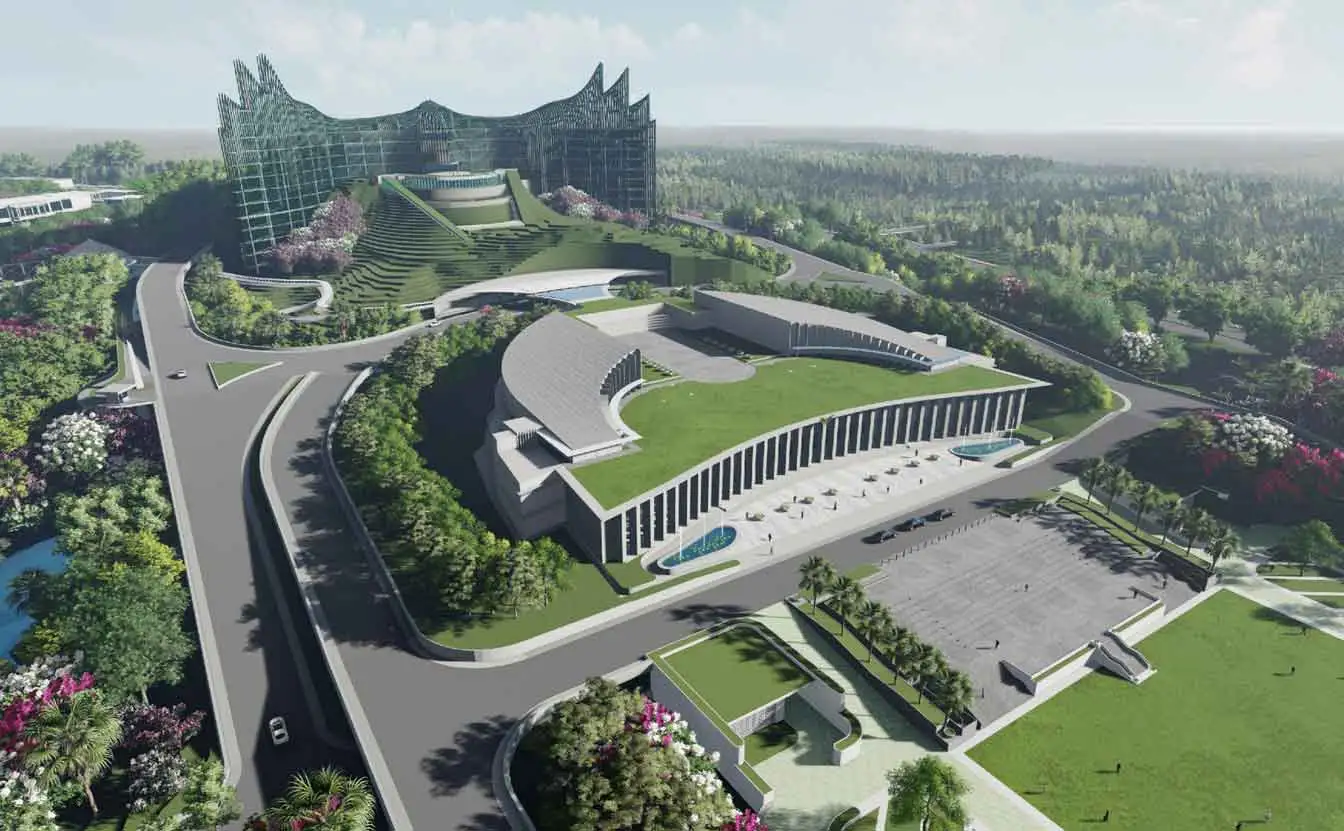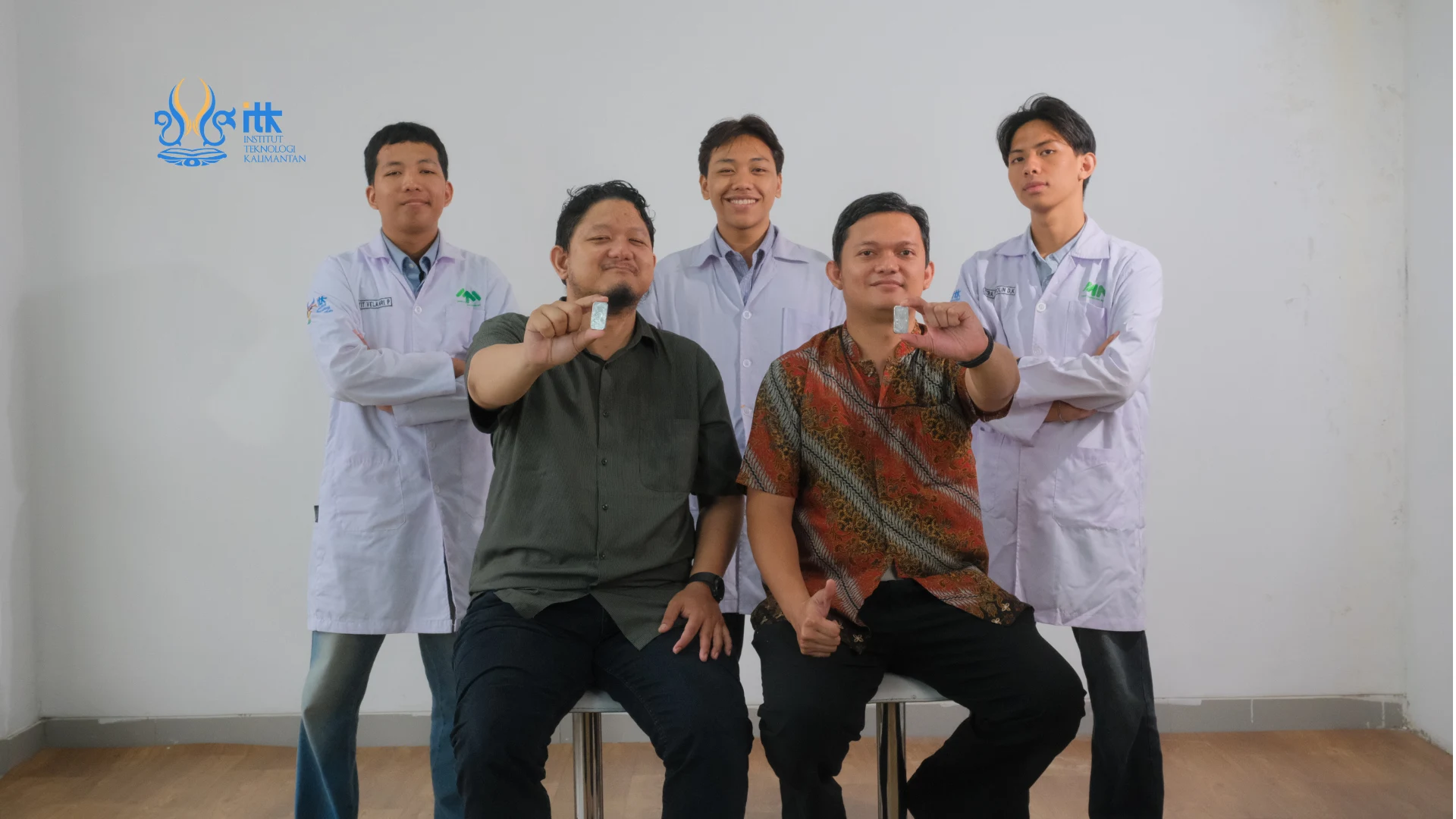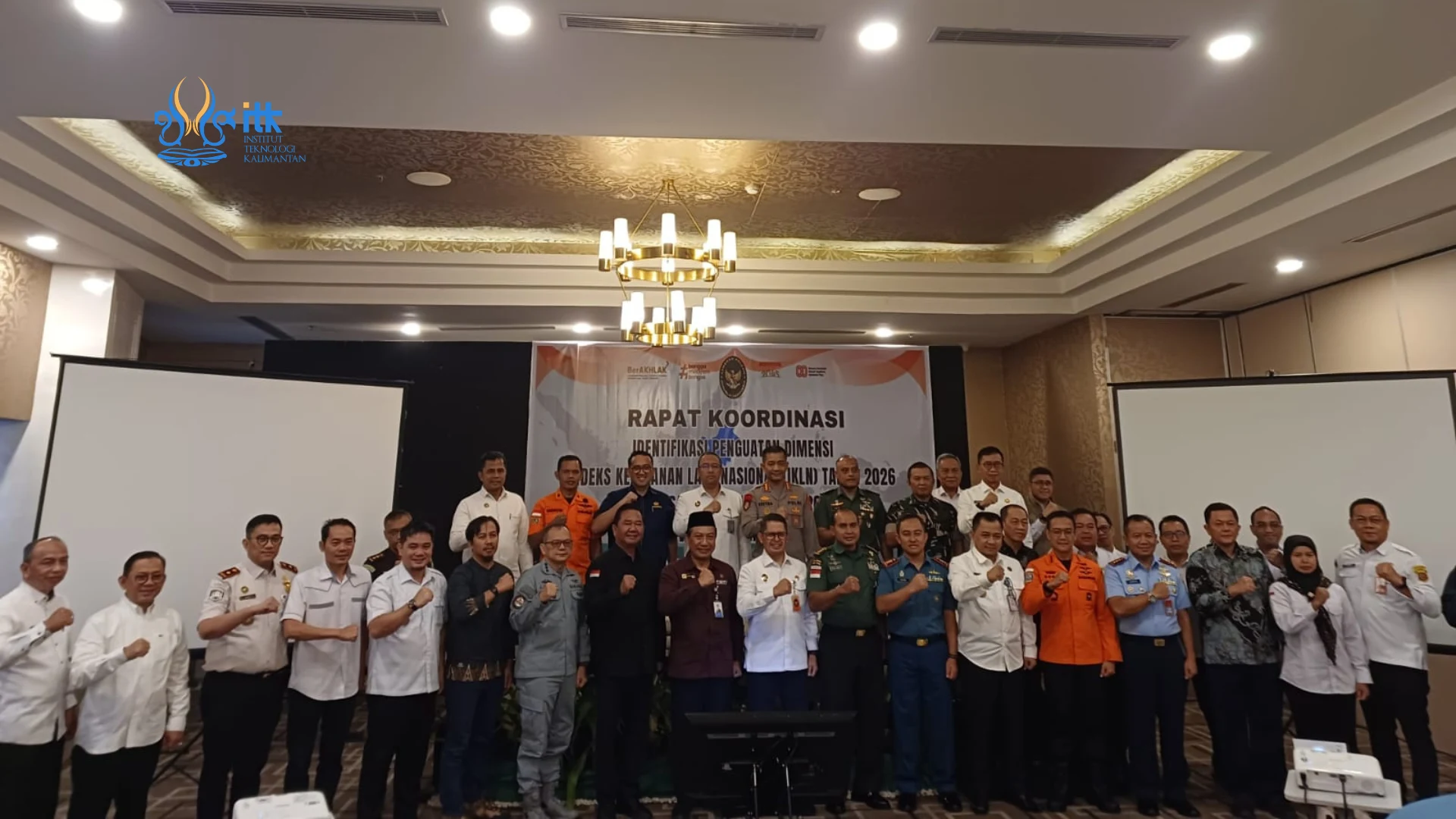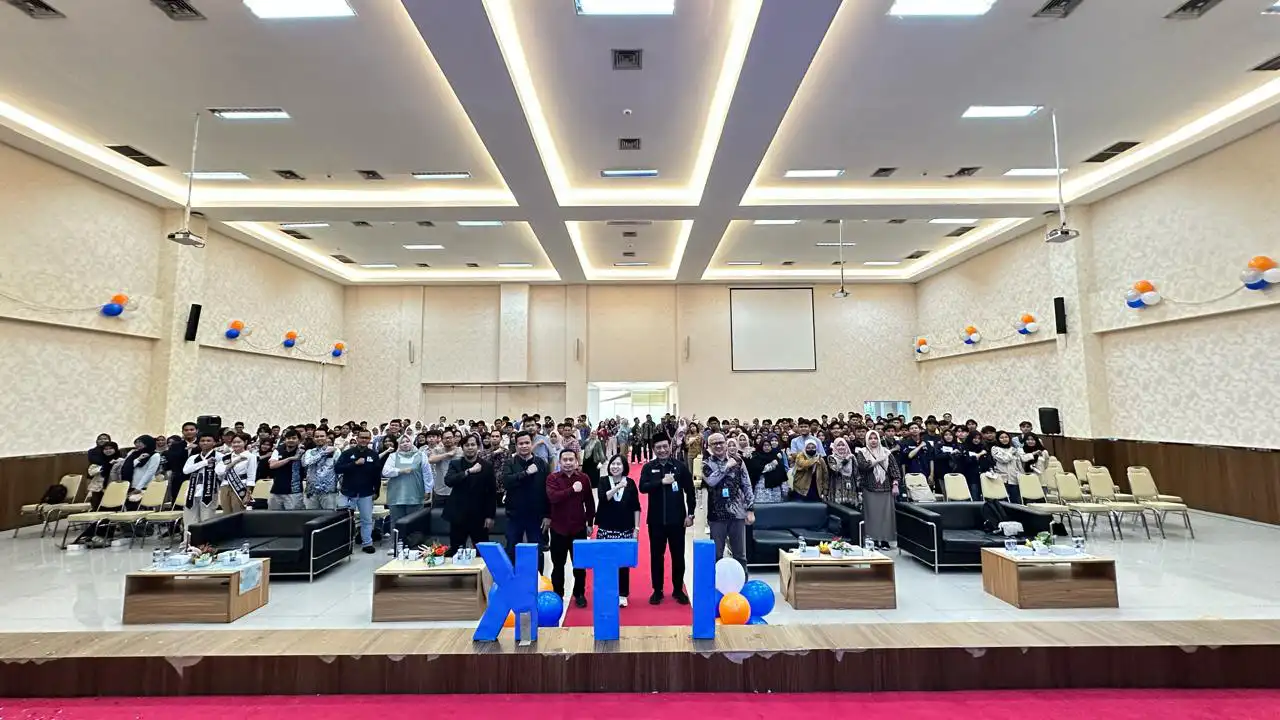Detail Berita
The Impact of the National Capital Relocation on Poverty in the City of Balikpapan

Isi Artikel
The relocation of Indonesia's capital from Jakarta to Nusantara is one of the most ambitious projects in the country's history, aiming to address various issues in Jakarta and promote development in other regions. One of the cities most impacted by this change is Balikpapan, located in East Kalimantan. The rapid population growth in this city, accompanied by challenges in infrastructure and planning, has raised concerns about its impact on poverty levels. This article explores how the relocation of the capital affects poverty in Balikpapan and the measures that can be taken to address this issue.
According to data from the Central Statistics Agency (BPS), the population of Balikpapan saw a significant increase from 2010 to 2020, with growth of 130,739 people. In 2019, the number of poor people in Balikpapan was recorded at 15,780, and in 2020 it increased to 17,020 out of a total population of 688,318. The rise in the number of poor people is influenced by various factors, including inflation, the Human Development Index (HDI), education, employment, unemployment rate, Gross Regional Domestic Product (GRDP), and average per capita expenditure.
This study uses a dynamic systems approach to analyze the impact of the capital relocation on poverty in Balikpapan, employing Causal Loop Diagrams (CLD). Through CLD, it becomes evident how population growth and economic changes interact. The study also uses Stock Flow Diagrams (SFD), which model changes in poverty stock based on inflows and outflows of the poor population. SFD helps visualize the dynamics of poverty and the factors that influence it.
The results of the study indicate that the capital relocation has a significant impact on poverty in Balikpapan. The increasing population puts additional pressure on the city's infrastructure and services. The growing demand for housing, education, and healthcare cannot be adequately met, exacerbating poverty conditions. The rapid population growth is not matched by an increase in resources and urban planning capabilities, leading to economic instability and worsening wealth distribution. Additionally, inflation and rising living costs can reduce the purchasing power of the community, especially for those living in poverty. The rising costs of basic needs make it increasingly difficult for the poor to meet their living requirements.
The relocation of the capital presents significant challenges for surrounding cities, including Balikpapan. While there is potential for economic growth, the impact on poverty cannot be overlooked. Without proper mitigation strategies, the effects of rapid population growth could exacerbate the poverty situation. Therefore, it is crucial for authorities to implement policies that focus on controlling population growth, increasing job opportunities, and improving infrastructure to mitigate negative impacts and enhance the well-being of the people of Balikpapan.
Isi Artikel
Berita Terpopuler
Research and Community Service

Tags
Student Research Final ProjectTags
Student Research Final ProjectBerita Terpopuler
Research and Community Service

Berita Terbaru
 Achievement
Achievement
MEDISENSE Achieves National Semi-Finalist Award at BENMAX: AI and IoT Innovations for Student Health
AI and IoT Innovation for Health by ITK Students
 News
News
ITK Strengthens Its Strategic Role in Supporting IKLN 2026 in East Kalimantan
Institut Teknologi Kalimantan (ITK) reaffirmed its commitment to strengthening the 2026 National Maritime Security Index (IKLN) through cross-sector collaboration and enhanced Blue Economy research to improve security in ALKI II, East Kalimantan.
 Scholarship
Scholarship
Announcement of Gratispol Program Phase 1 Recipients for Students of the 2022–2024 Cohorts
Announcement of Gratispol Program

